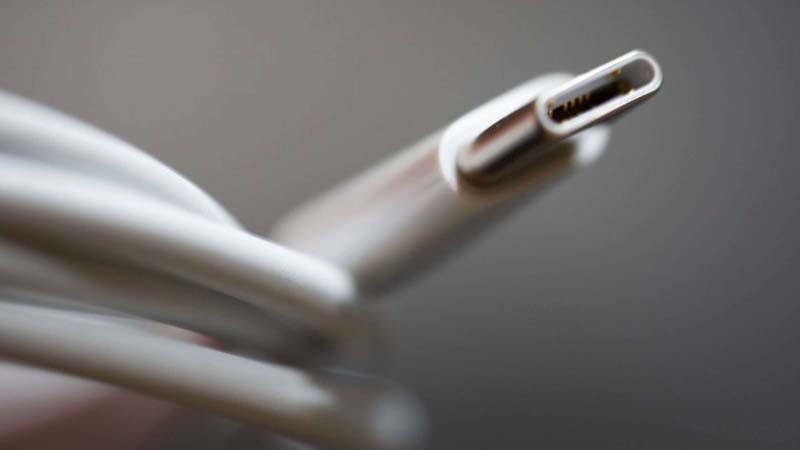European lawmakers have called for the development of common charger that should fit all mobile phones, tablets, e-book readers and other portable devices in order to reduce electronic waste (e-waste). The European Parliament noted in a briefing that in 2014, the Commission’s approach “of “encouraging” industry to develop common chargers fell short of the co-legislators’ objectives”.
Following the debate that took place on January 13, 2020, a vote will be held in the upcoming parliament session. Further, the aim is to make consumers’ life easier by ensuring interoperability between chargers and mobile phones on the market, which will reduce the need to continuously buy chargers and cables and also decrease e-waste.
However, the European Commission said in its “Standard chargers for mobile phones: Inception impact assessment (2018)” report that the e-waste reduction policy were not fully addressed in a situation in which at least three technologies – Apple Lightning, USB 2.0 Micro B and USB Type C – would be concurrently available.
In response to the report, Apple said last year that the conformity across the type of connector would “freeze innovation” adding that such proposals are bad for the environment. Apple also said that it has committed alongside six other companies that all new smartphone models will leverage USB Type-C through a connector or a cable assembly.
“More than 1 billion Apple devices have shipped using a Lightning connector in addition to an entire ecosystem of accessory and device manufacturers who use Lightning to serve our collective customers. We want to ensure that any new legislation will not result in the shipment of any unnecessary cables or external adaptors with every device, or render obsolete the devices and accessories used by many millions of Europeans and hundreds of millions of Apple customers worldwide. This would result in an unprecedented volume of electronic waste and greatly inconvenience users. To be forced to disrupt this huge market of customers will have consequences far beyond the stated aims of the Commission,” Apple said in its reply.
As of now, Apple uses its proprietary Lightning port across all its iPhone models. However, reports suggest that Apple could kill the Lightning connector in favour of a Type-C USB port in the upcoming iPhone 12 series given the iPad and MacBook now come with Type-C USB charging. In fact, according to Apple analyst Ming-Chi Kuo of TF Securities, the high-end iPhone 2021 models will have no charging port, instead rely on wireless charging.

